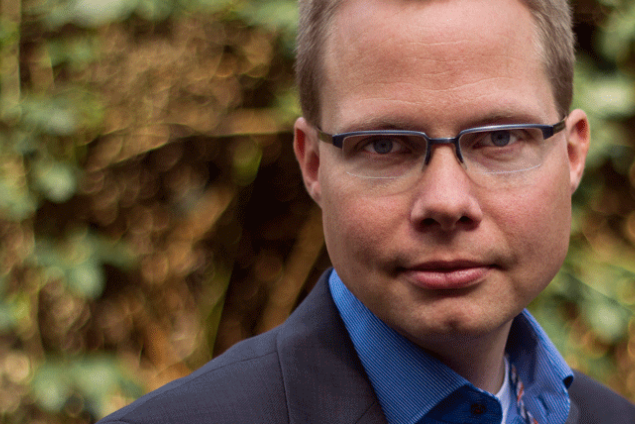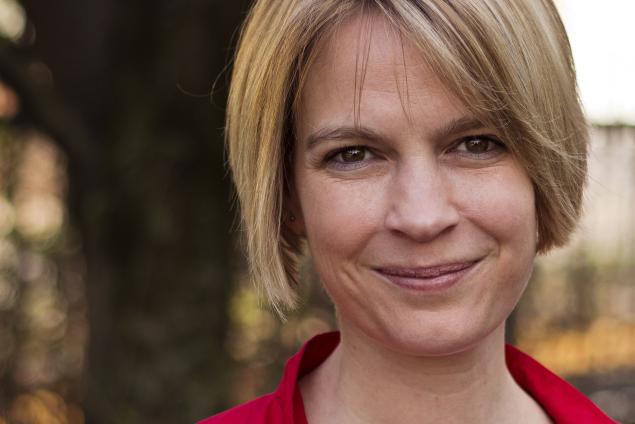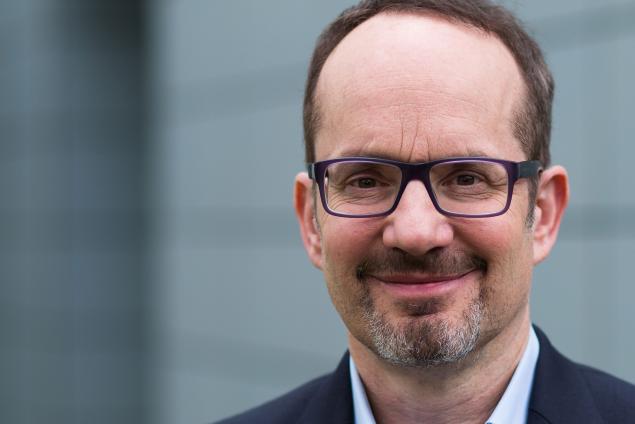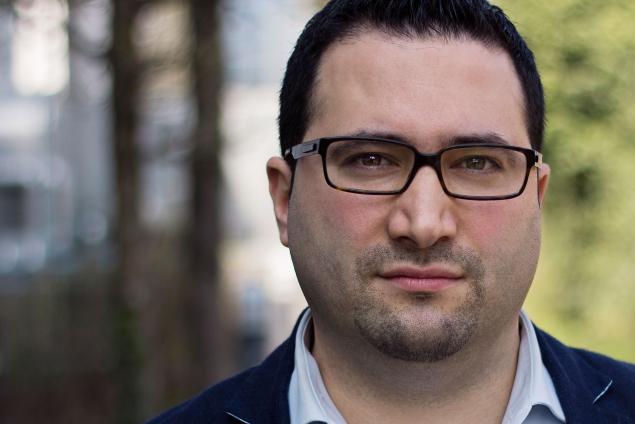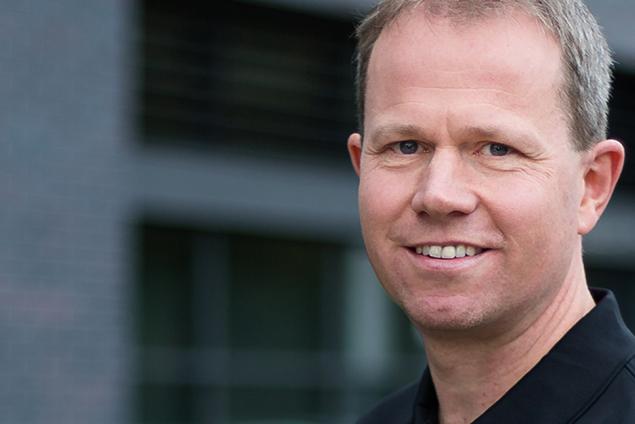Scroll to Section:
Our skin epidermis consists of many lifelong regenerating cell layers which provide a barrier that prevents water loss and protects us from heat and radiation. In this video, CARIEN NIESSEN explores why these cells fail to regenerate in cases of disease or with age. Paying particular attention to the influence of cell structure, Niessen’s method focuses on three scale lengths: protein, cell and organ. Outlining the ways in which biochemical and physical signals interact in the operation of the skin barrier, Niessen’s research has important implications not only for our understanding of these processes but also for diseases like psoriasis, diabetes and cancer.
DOI:
https://doi.org/10.21036/LTPUB10801
Institution

University of Cologne (Universität zu Köln)
Founded in 1388, the University of Cologne (UoC) is the second oldest German university. Its heritage goes hand in hand with a thoroughly modern outlook. The UoC is one of the leading German research universities with an increasing international reach. In 2012 the University won substantial funding in the German Excellence Initiative and is now one of eleven German Excellence Universities. The UoC has a culture which supports individual research as well as medium and large scale collaborative projects. Our flexible approach allows us to reward individual excellence, develop promising fields, build up critical mass and embrace emerging new fields. Research is conducted in our six faculties and in a number of cross-faculty research centers. We are firmly committed to the advancement of fundamental research and have particular strengths in our six competence areas: Aging and demographic change, Social and economic behavior, Quantitative modeling of complex systems, Cultures and societies in transition, Social inequalities and intercultural education and Plant sciences. (Source: University of Cologne)
Show more
Original publication
The Disintegrin/Metalloproteinase Adam10 is Essential for Epidermal Integrity and Notch-Mediated Signaling
Development
Published in 2011
Reading recommendations
E-cadherin Integrates Mechanotransduction and EGFR Signaling to Control Junctional Tissue Polarization and Tight Junction Positioning
Nature communications
Published in 2017
Epithelial Polarity Limits EMT
Nature cell biology
Published in 2019
Beyond
A Ground-breaking Scientific Revolution
An Alarming Challenge for Society
If I Had a Second Life
A Personal Reading Recommendation
